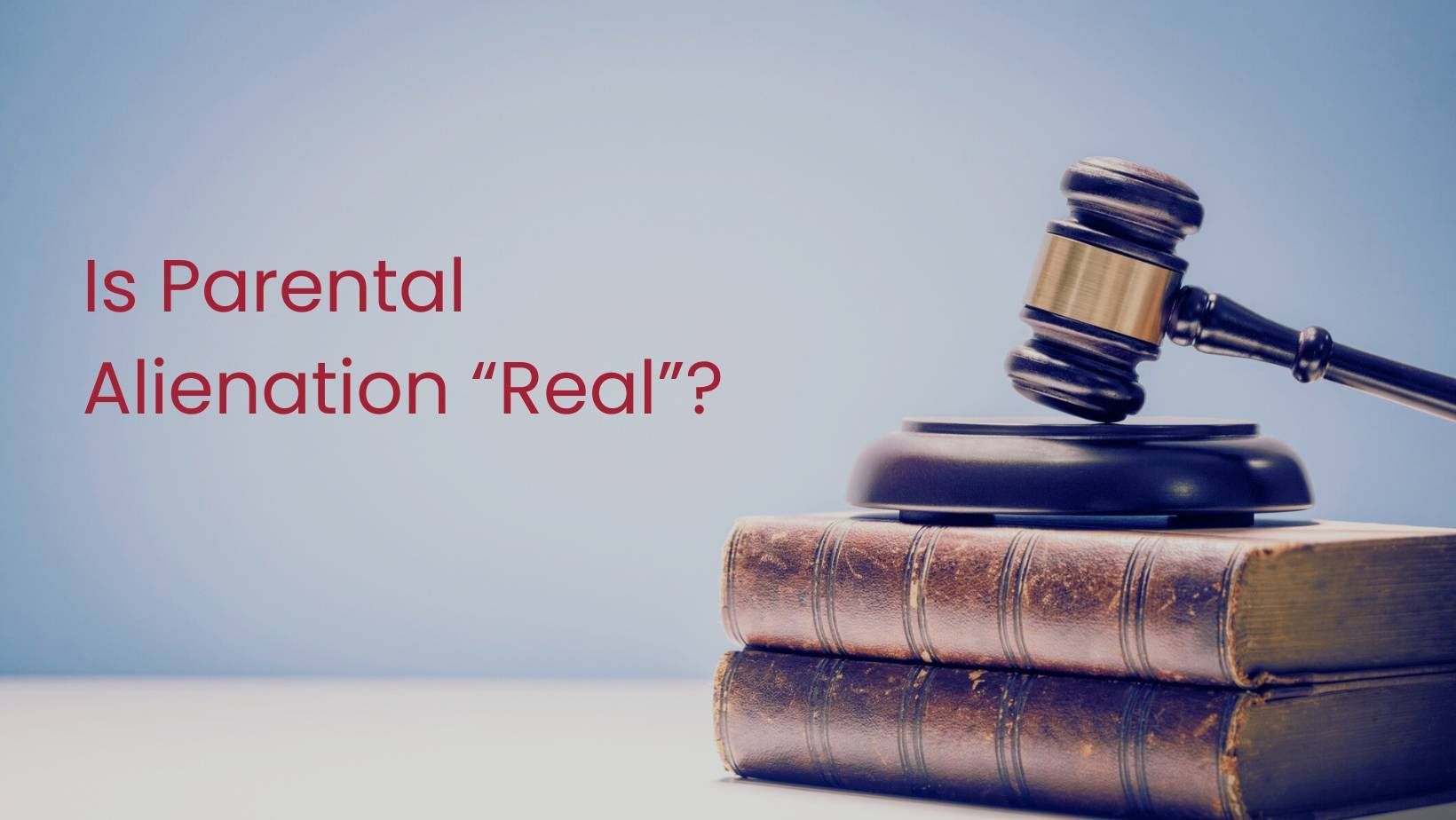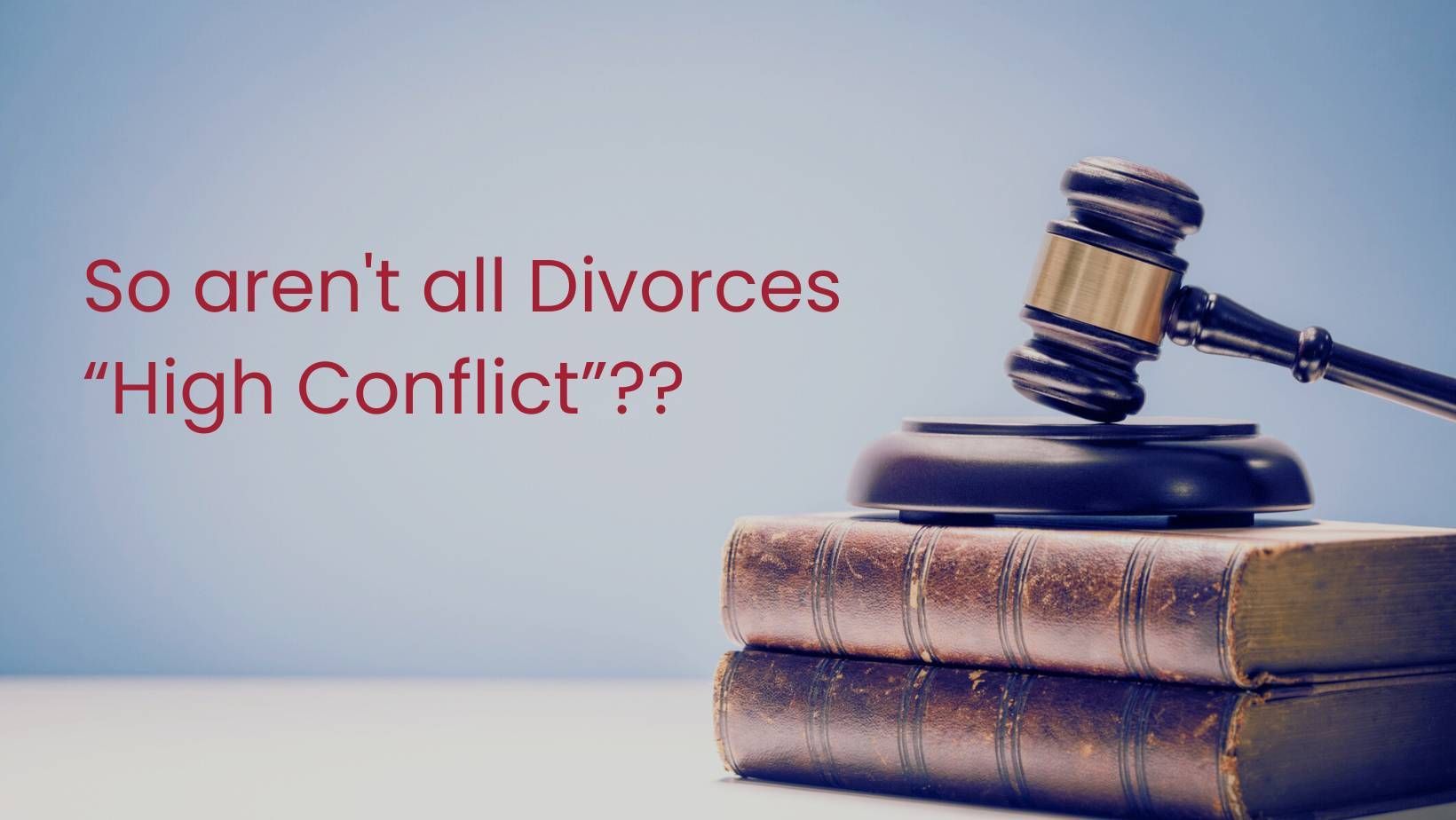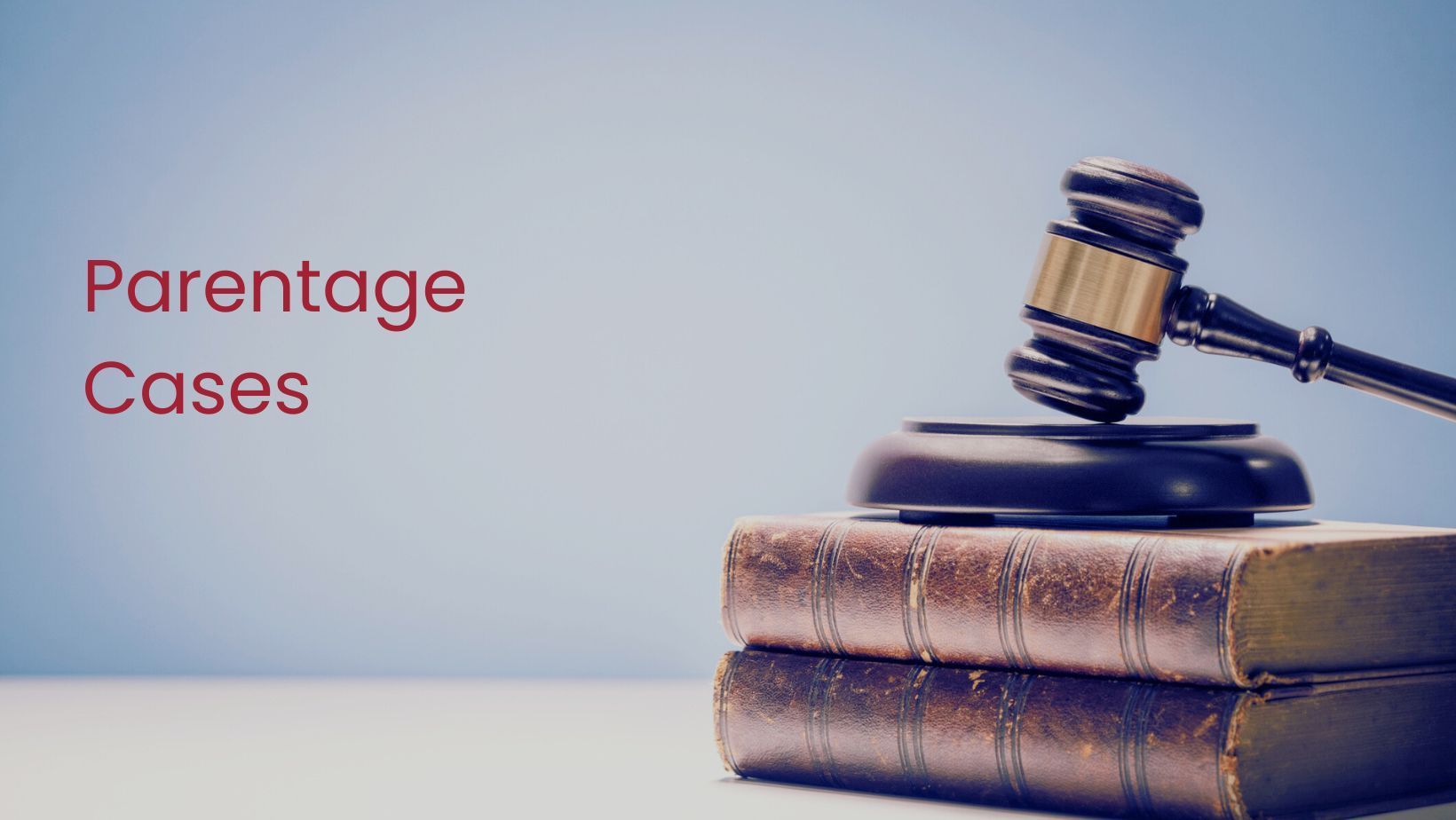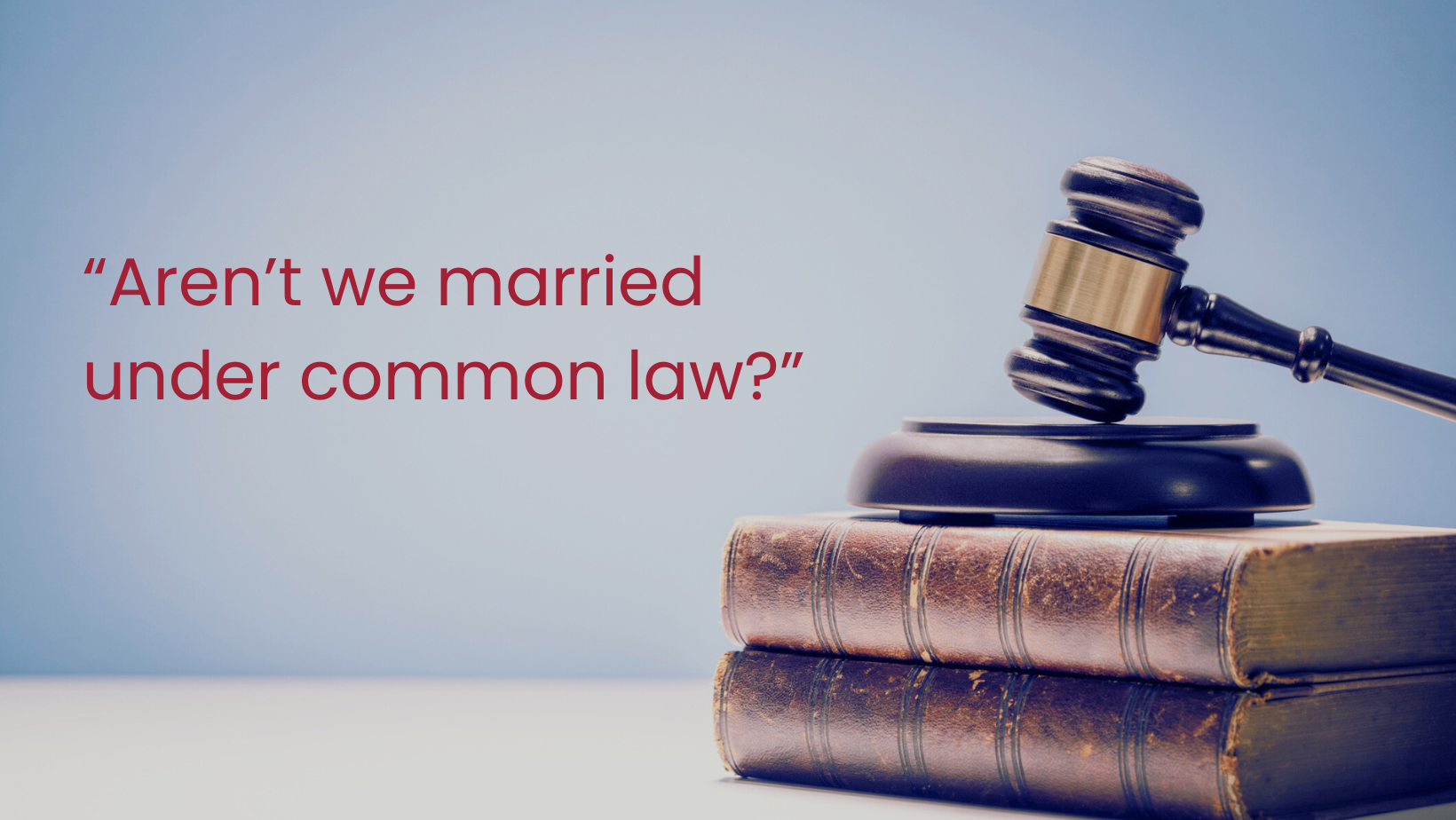How do you get to go to the “Hague Convention”?
- By Daniel Gold
- •
- 23 Oct, 2024
- •

Before I answer this question, I want to state a very general concept. Namely that, international child custody disputes can be particularly complex. They involve multiple legal systems and international treaties.
If you are dealing with an international child custody case,
understanding your rights and the legal process is essential to protecting your child's well-being.
When can these situations arise??
International child custody cases arise when parents live in different countries or when one parent wishes to relocate internationally with the child. These cases often involve intricate legal issues and require navigating both domestic and international laws.
What are the key takeaways??
1. What is
The Hague Convention?
The Hague Convention is not somewhere with fancy hotels, seminars and nightly “networking” Its formal name is “The Hague Convention on the Civil Aspects of International Child Abduction” What it is, is a multilateral treaty that many countries, including the United States, have signed. It aims to protect children from international abduction by a parent and ensures their prompt return to their habitual residence. While many countries are signatories NOT ALL OF THEM ARE.
2. Jurisdiction
3. Best Interests of the Child
- Key Points of the Hague Convention:
- It applies to children under 16 years old.
- It helps determine the appropriate jurisdiction for custody disputes.
- It emphasizes the child's prompt return to their country of habitual residence.
Determining which country has jurisdiction over the custody case is often the first step. This is typically the child's country of habitual residence. Courts will consider factors such as the child's primary home, school, and social ties.
3. Best Interests of the Child
As with all custody cases, the child's best interests are paramount. Courts will evaluate various factors, including the child's age, health, emotional ties to each parent, and the stability of each parent's home environment. BUT don't get confused. The primary, if not sole, focus of the Hague Convention is NOT to determine which parent will have primary physical custody
but to determine WHERE that issue, if disputed, will be resolved. As a practical matter, of course, that determination may very well impact what happens on the underlying issue of physical custody.
I have handled Hague Convention disputes in the past. Because of their impact, they require specialized legal expertise, and the ability to get a hold of counsel in the other country at issue quickly to get a handle on how things work in the other jurisdiction. It's crucial to work with an attorney experienced in both domestic family law and international legal issues to navigate the complexities of your case effectively.
Grandparent Visitation “May” Be Simpler OptionGrandparent Visitation “May” Be Simpler Option
1. Seek Immediate Legal Advice
3. Gather Evidence
Collect all relevant documents and evidence, including proof of the child's habitual residence, custody orders, and any communication with the other parent regarding the child's relocation or retention.
4. Understand the Legal Process in Both Countries
Consult seasoned family law counsel immediately if you are involved in an international custody dispute. Timely legal advice can help you understand your rights and the legal process.
2. File a Petition Under the Hague Convention
2. File a Petition Under the Hague Convention
If your child has been wrongfully removed to or retained in another country, you can file a petition under the Hague Convention for their return.
3. Gather Evidence
Collect all relevant documents and evidence, including proof of the child's habitual residence, custody orders, and any communication with the other parent regarding the child's relocation or retention.
4. Understand the Legal Process in Both Countries
International custody cases often require navigating the legal systems of both countries involved. Understanding the legal requirements and processes in each jurisdiction is crucial for a successful outcome.
Conclusion
International child custody disputes are challenging and require a thorough understanding of both domestic and international laws. Protecting your child's well-being and ensuring their prompt return or custody arrangement requires experienced legal guidance. For personalized advice and assistance with international child custody cases, contact me for expert guidance.
Call: 949-756-0684
Email: dgold@tldlaw.com
Disclaimer
This information outlines a few of the concepts that surround international child custody issues in the State of California. It is not intended to be, nor should it be construed as legal advice for any particular situation. Please seek advice from TLD Law or your personal attorney in your state or jurisdiction.
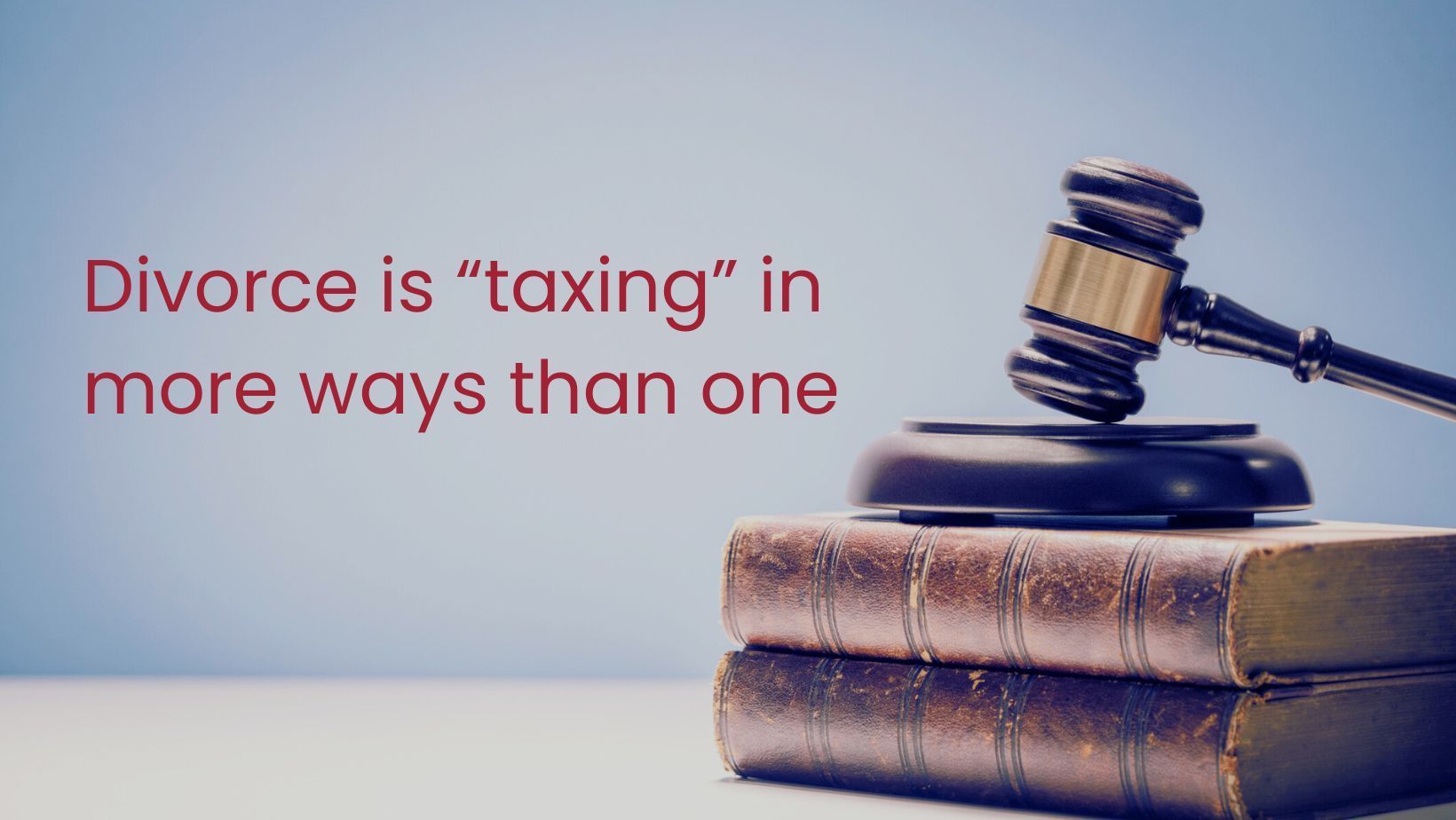
Divorce brings significant changes to your financial situation, and understanding the tax implications is crucial to avoid unexpected liabilities and maximize your financial health. From filing status to the division of assets, knowing how divorce impacts your taxes can help you plan effectively for your post-divorce life.
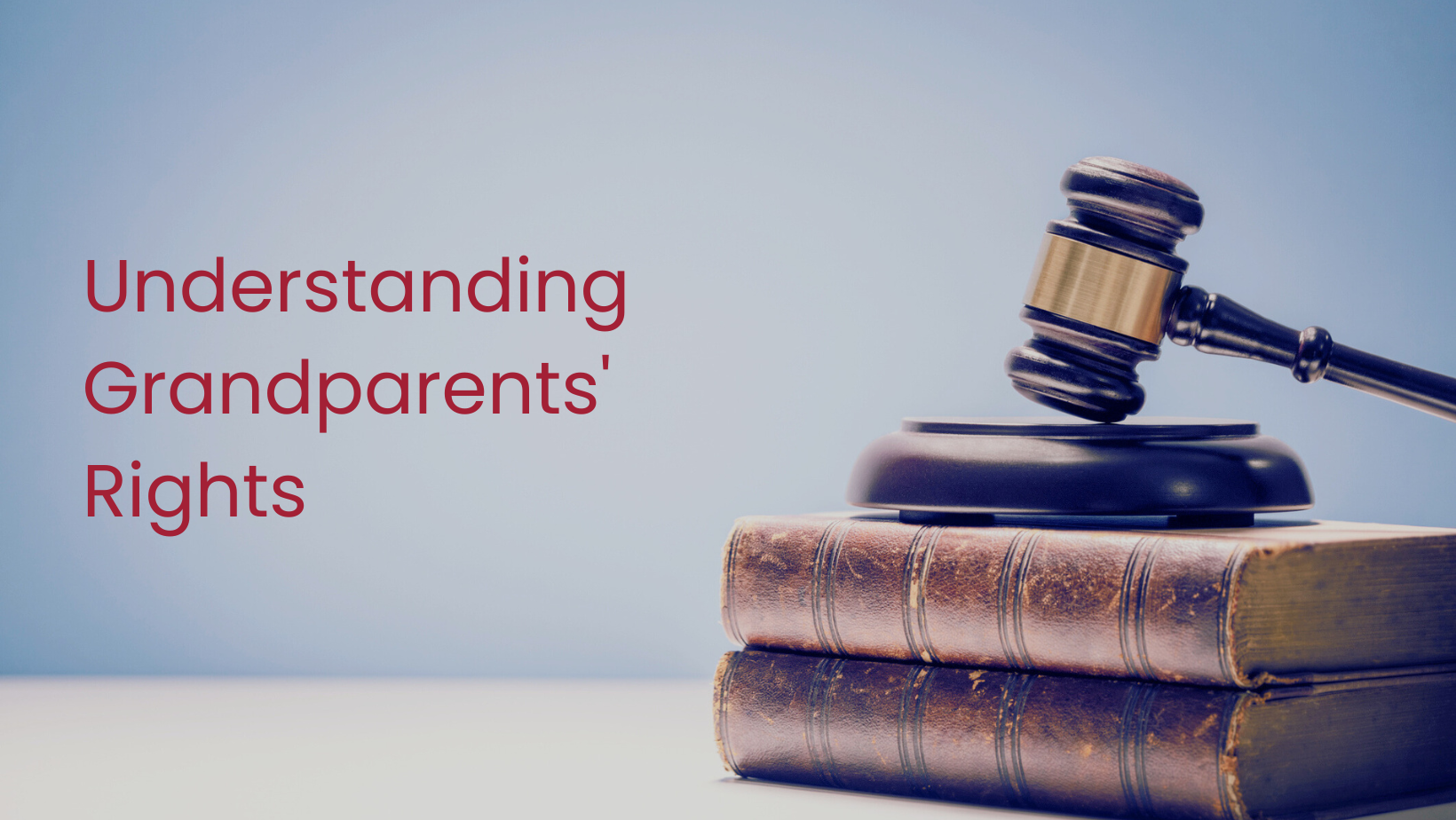
Grandparents can seek custody or visitation in California, but the process is not straightforward. Courts prioritize the child’s best interests while balancing parental rights, so proving that grandparents’ involvement is necessary requires careful legal navigation. For personalized advice and assistance with grandparents’ rights, contact me for expert guidance.

It is striking how far things have some since I was sworn in as an attorney in 1993. I remember the “dawn” of domestic partnerships in California and its evolution to becoming something akin to marriage “lite”; when many other states, and the Federal government did not choose to give legal recognition to same sex relationships.How far things have come since those early days.


